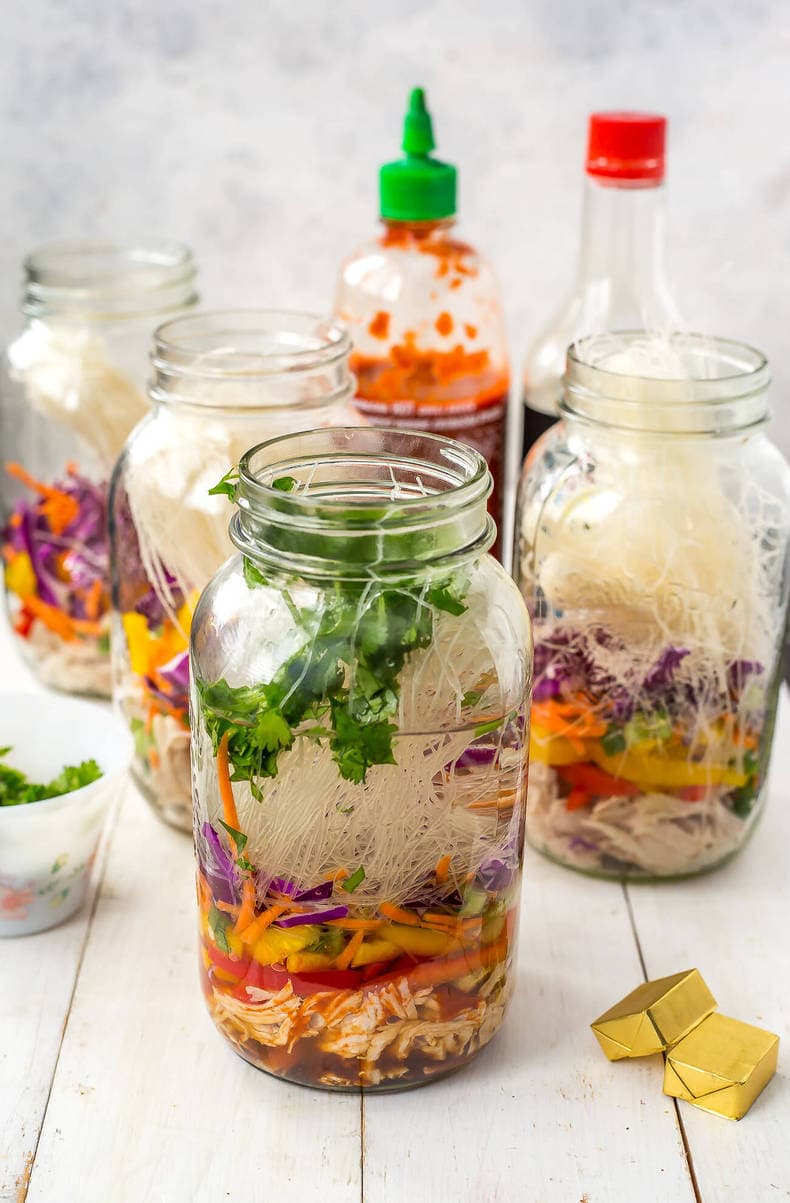Big or small, creating a well-organized kitchen is no easy feat. When space is limited, you have to be strategic about how you organize and manage it. Luckily, there are many ways to keep a small kitchen organized and reduce the daily stress of searching for items or dodging falling Tupperware when opening a cabinet.
To help, we spoke with organizing experts who shared their top tips for keeping a small kitchen functional and clutter-free.
If you have a small kitchen, you already know that having the essential dishes dirty is not an option. To ensure your must-have items are always ready for use, consider creating a daily dishwashing schedule. "Only own and keep dishes that you can run through the dishwasher," says Darla DeMorrow, certified professional organizer, designer, and owner of HeartWork Organizing. "If you always place dirty dishes and pans right into the dishwasher and run it at night, then you'll always have a clear sink and clean dishes in the morning."
The same rule about avoiding duplicates applies to kitchen essentials and food storage. In a small kitchen, everything must have a place—there's no room for multiple copies of the same pans or mixing bowls. Make sure the items you keep are ones you actually use. DeMorrow suggests using "multi-tasker" kitchen tools to maximize your space and efficiency in the kitchen. "For instance, a cookie sheet with no rims can only do one job. But a high-quality sheet pan with a rim can bake cookies and a million other things," she says.
To avoid duplicate food items, take inventory before you go shopping and only buy what you truly need and use regularly. Without a system, duplicates can pile up quickly and take up precious storage space, says Anna Bauer, founder and owner of Sorted & Co.
A functional kitchen can make a big difference. To create that functionality, identify the tools or food items you use most often and organize them accordingly. "A kitchen should work for you," says Bauer. "Prioritize everyday items in accessible areas. Keep mugs near the coffee maker and relocate lesser-used tools up high or out of the way."
Designate a place for everything in your kitchen and stick to it to maintain organization. Use labels to categorize each shelf or cabinet—not only to remind yourself, but also to help others put things back in the right place. This type of system helps prevent clutter and ensures you always know where your essentials are.
For cooking oils, spices, and paper towels you are constantly reaching for in the kitchen, consider using mounted or magnetic racks to keep them organized inside the cabinet doors. This keeps them within arm's reach while saving space and avoiding visual clutter when you have guests in your kitchen. Bauer recommends using magnetic storage racks, which are available on Amazon.
Playing a game of Jenga with your food storage containers is never a good idea. It's best to move them to a lower cabinet or bin that offers better visibility and access. Bauer recommends separating the lids from the containers by using dividers or simply stacking them.
It's a good idea to assess your food storage and ensure it's all in good condition. There's no reason to keep old containers that leak or could break easily when transporting food. This practice also frees up space and makes room in your kitchen for items you truly need.
Making the most of kitchen organization tools is one of Bauer's go-to strategies for making the most of a small kitchen. "Lids are notoriously tricky. Use a lid organizer to keep them upright, sorted by size, and easy to grab without a clatter," she says. A revolving tray is a small-space hero. "Use it in cabinets or on countertops to corral spices, vitamins, or grab-and-go snacks, keeping them visible and within reach."
There are so many unique kitchen organization tools available online and in stores. Take your time to find items that will work best for your kitchen.
Battling for counter space with your appliances can be tricky, especially if you use them every day, like a coffee maker or toaster. Determine which appliances need to stay out and put the others away. "Store the rest in a nearby bin, labeled for each appliance, so the accessories are available when you need them," says DeMorrow. She also recommends recycling or donating any small kitchen appliances that you don't use anymore to ensure they aren't just taking up space.
To keep a tidy countertop, neatly wind appliance cords using cable wraps. This helps reduce unnecessary clutter and gives your kitchen a cleaner, more organized feel.
It's common to store everyday items like your keys, wallet, and purse in the kitchen as you move through your day, but if you have a small kitchen, try to avoid doing that. Counter space is precious—consider adding hooks to the wall near your front door to hang your purse and keys, giving them a designated spot to keep them off your counters.









